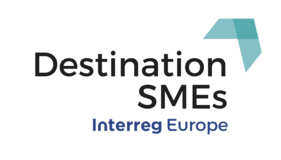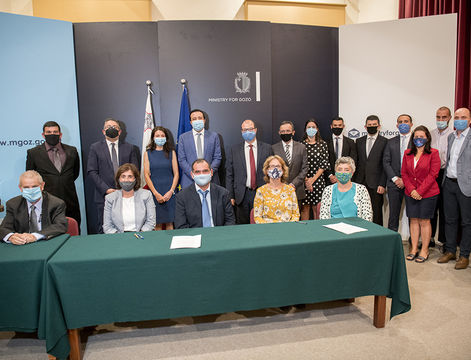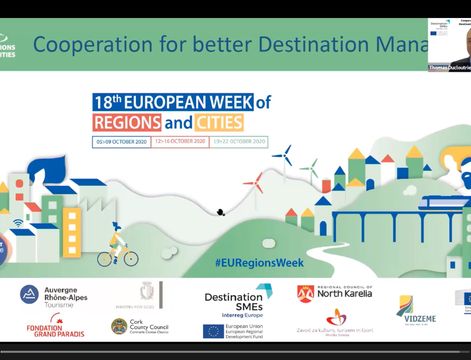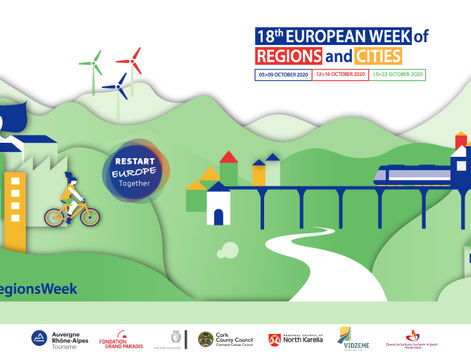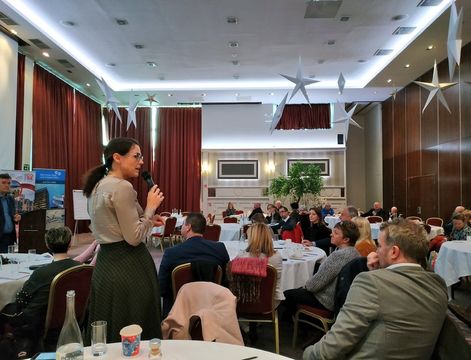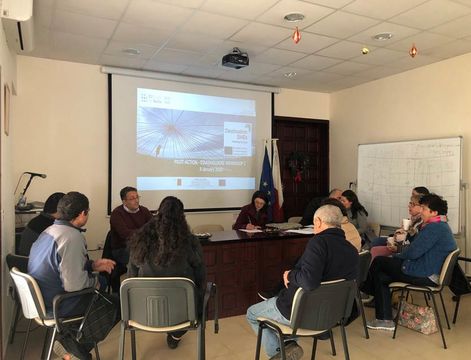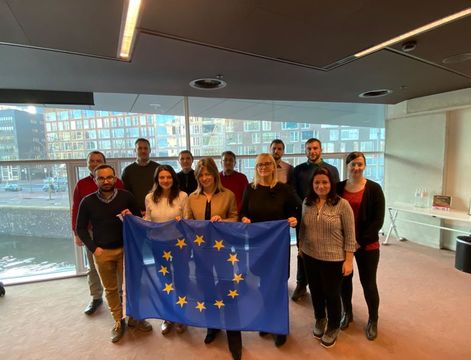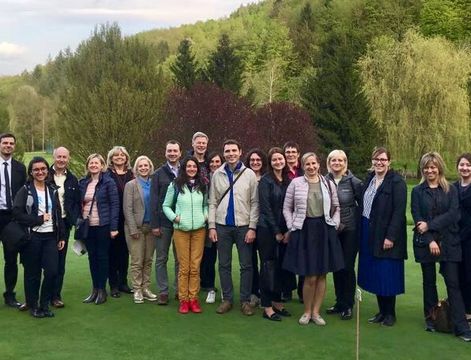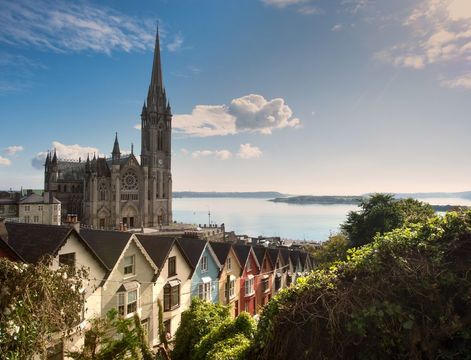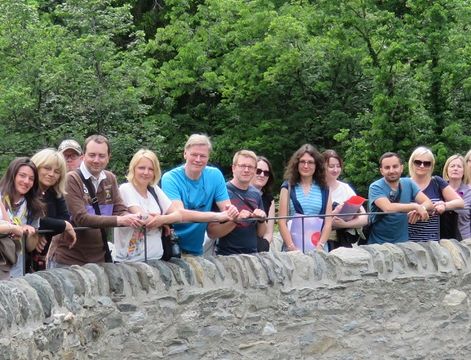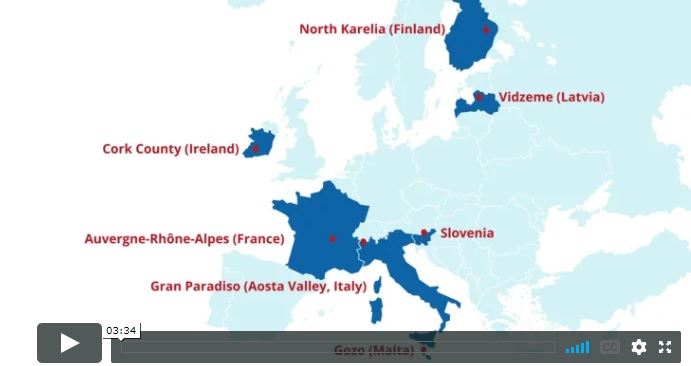The Island of Gozo
Part of the Maltese archipelago, Gozo is the second-largest of the seven-island chain and basks in the Mediterranean off the coast of Sicily. More rural than its sister island, Malta, Gozo has a population of about 33,000 (our of Malta’s total 493,000).
Gozo is rich in historic locations such as the Ggantija temples, which, along with other megalithic temples of Malta, are among the world’s oldest free-standing structures. The island has other notable attractions, including beaches, seaside resorts, and diving, among others. This makes Gozo heavily dependent on tourism and, in fact, this sector contributes to about 50% of the island’s GDP.
The Ministry for Gozo
The vision of the Ministry is to secure economic and social prosperity for the people residing in Gozo. This is done by implementing effectively and efficiently the regional and national strategies and policies within the context of the island’s unique characteristics.
Over the past 18 months the Ministry for Gozo held three stakeholder meetings; a project information session on the 3rd July 2018, a focus group session on the 9th November 2018, and a final meeting on the 22nd November 2018.
These meetings allowed the Ministry to present the best practices that captured the attention of its project team during Destination SMEs study visits, which were organised by the project’s partners based in a number of collaborating countries. Craftspeople and artisans based in Gozo were then given the opportunity to voice their concerns on the local environment. The organising team also heard the ideas of these craftspeople and artisans on how local policies can be improved for them to thrive in the tourism industry.
What was discussed during these meetings triggered the development of a set of recommendations; an exercise that was undertaken together with the Ministry for Gozo’s consultants PKF Malta. These recommendations were then presented to the stakeholders during the meeting held on the 22nd November 2018.
In turn, these recommendations served as a basis for the establishment of an action plan, with the Ministry for Gozo later submitting a request to the Joint Secretariat to carry out a pilot action.
What is a pilot action?
There may be cases where the good ideas discovered during Phase I in a given region will first need to be tested in another region before being rolled out in the action plan. If this testing requires funding and the ‘importing’ region does not have this funding available for different reasons, the project may apply for funding from the Interreg Europe programme.
What is the Ministry for Gozo’s pilot action?
The Ministry for Gozo’s pilot action, approved by the programme’s monitoring committee, involves the setting up of a pilot networking initiative for artisans and craftspeople in Gozo as well as the development and testing of the concept of a quality label.
The Pilot Action being proposed seeks to test the feasibility and viability of establishing a network for artisan and crafts SMEs on the island of Gozo. The primary aims of this network will be to create a forum where artisans and craftspeople can share ideas, promote excellence in the local craft product, both internationally and nationally, safeguard the interests of artisans and craftspeople locally, raise awareness and support those working within the local artisan and crafts sector, and to create a label that identifies and promotes genuine Gozo products. Such products may include lace, leather goods, jewellery and precious metals, artisanal food products, souvenirs, artisanal beauty and health care products, metal works, pottery, glass products, art, woven products, woodwork and other handicraft items.
As the Destination SMEs official partner and organisation responsible for the policy instrument, the Ministry for Gozo will lead the Pilot Action in line with other Phase II activities, and will be leading the testing, the logistics and the compilation of observations and results arising from the study. The network and quality label setups will be managed by the artisans and craftspeople themselves.
Should the pilot be a success, the Ministry for Gozo would then be in the ideal position to take this action further, integrate it in the target policy and carry out full-scale implementation.
The way forward
The pilot action will be implemented during Phase II of the Destination SMEs project. The pilot action stipulates that a small group of five people start its implementation, with more members being able to join in the latter stages of the project.
Due to this constraint, the initial group of people leading this pilot action is comprised of the stakeholders who attended all three of the meetings that the Ministry for Gozo organised in 2018.
